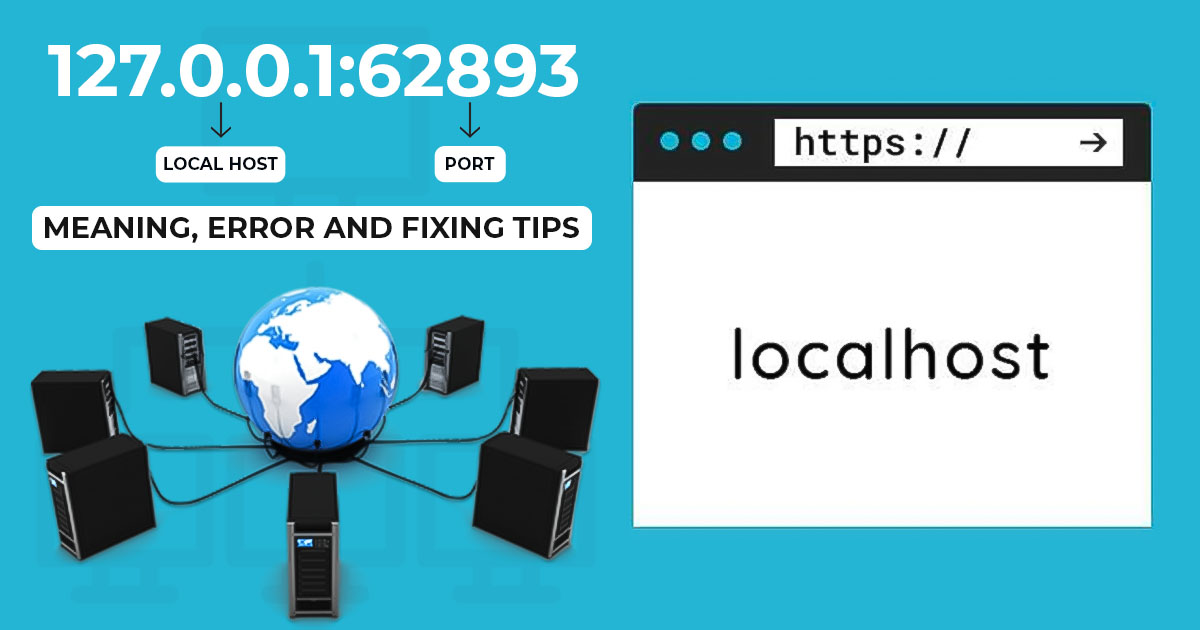Introduction to 127.0.0.1:62893
Have you ever wondered about the mysterious numbers and dots that make up “127.0.0.1:62893“? What exactly does it mean, and why is it important in the world of computers and networks? Let’s unravel the secrets behind this seemingly cryptic address and explore its significance in modern technology.
What is 127.0.0.1?
At first glance, “127.0.0.1” might appear like just another string of numbers. However, it holds a special meaning in the realm of networking. Known as the loopback address, 127.0.0.1 is used to establish communication with the local host, i.e., your own computer. It allows a computer to send data to itself, which is crucial for testing and troubleshooting applications without affecting external networks.
Deciphering Port 62893
Now, let’s zoom in on “62893.” In networking terms, a port is a logical endpoint for communication. It helps direct incoming and outgoing data to the right application or service on a computer. Port 62893, specifically, is an arbitrary number assigned dynamically or by applications for their specific use. Understanding how ports work alongside IP addresses like 127.0.0.1 is key to comprehending how data flows through a computer system.
The Role of Localhost in Web Development
For developers and IT professionals, localhost (127.0.0.1) and its associated ports play a vital role in software development and testing. When you run a web server or any application locally, you often use localhost to preview and debug your work before deploying it live. Port 62893 might represent a particular service or application running on your machine, such as a local web server or a debugging tool.
Practical Applications in Networking
Beyond development environments, understanding how localhost and ports function can enhance your grasp of networking fundamentals. It illustrates concepts like client-server architecture, where applications communicate over designated ports, ensuring seamless data exchange. Whether you’re configuring a firewall, setting up network services, or troubleshooting connectivity issues, knowing about localhost and ports proves invaluable.
Security Considerations and Best Practices
While localhost (127.0.0.1) itself is secure by nature, the ports you open on your system can pose security risks if left vulnerable. It’s crucial to follow best practices such as configuring firewalls, restricting access to sensitive ports, and keeping software up to date. By maintaining a secure network environment, you safeguard your data and prevent unauthorized access to your local services.
Future Trends and Innovations
Looking ahead, the significance of localhost and ports remains pivotal as technology advances. With the rise of cloud computing, virtualization, and IoT (Internet of Things), understanding these foundational concepts will continue to empower developers and network administrators worldwide. As networks evolve, so too will the ways we utilize and secure our local and remote computing environments.
Conclusion
In conclusion, “127.0.0.1:62893” is more than just a series of numbers and a colon—it’s a gateway to understanding how computers communicate with themselves and with the world. From its origins as a loopback address to its role in modern networking, localhost and ports are fundamental to the way we develop, deploy, and secure applications today. By grasping these concepts, you not only enhance your technical prowess but also deepen your appreciation for the intricate systems that drive our digital age.
